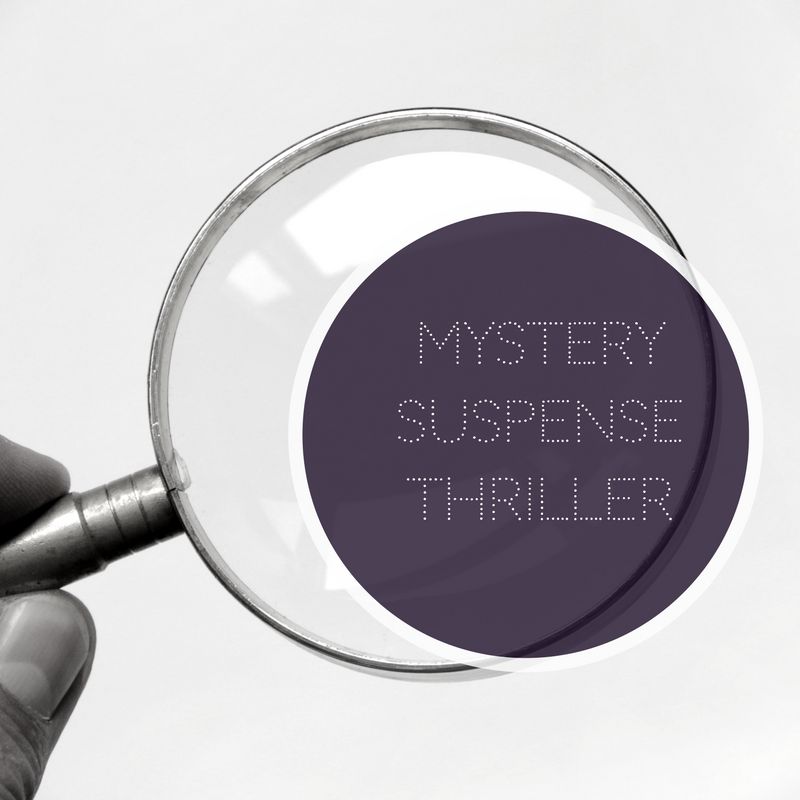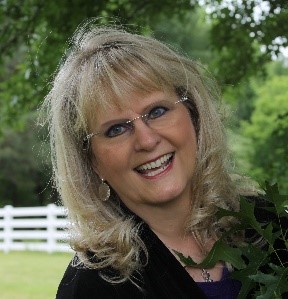There’s nothing more satisfying for an author than to hear readers say they couldn’t put the book down. It captured their attention from the beginning and kept them turning the page. Why? First, the hook was well written, but more importantly, conflict arose and thrust suspense into the scene.
I asked three published authors to share their definitions of writing suspense:
Patricia Bradley – “For me, writing suspense means I put my hero and heroine in mortal jeopardy at every turn from an unknown character who is worthy of them.”
DiAnn Mills – “Creating a story that shows a sympathetic character facing rising tension, conflict, and danger in a frightening and unpredictable world where the character has the potential to lose everything. Emotive conflict is key to the reader’s experiencing the story adventure.”
Susan Sleeman – “Suspense, which is often defined as anxiety or uncertainty, has to include three elements. First, for me, it’s a puzzle that needs solving. Then there has to be danger. And last, good suspense has a ticking time bomb attached to it where the characters are put up against a deadline with high stakes.”
Do you see the pattern?
Hero & Heroine + Rising Tension + Conflict & Danger + High Stakes + Time Bomb = SUSPENSE
Is it possible to learn to compose a suspenseful story? Yes, as long as you have the determination and talent for doing so.
S – Start by reading instructional books in your genre. It will keep the writing juices flowing and help you get a feel for how authors weave in the suspense formula.
U – Utilize online classes and teaching videos by professionals like James Scott Bell, Steven James, Jerry Jenkins, and others. Attend conferences and local writing groups.
S – Sit in your chair and write. Put your characters in difficult situations and force them to face their fears. Let the twists fall into place. The result? You’ve labored over the keyboard for countless hours and birthed a novel, your baby, your masterpiece.
P – Prepare yourself. No book is perfect, and yours won’t be either. It’s easier to see the flaws in other manuscripts than it is your own. That’s why it’s important to join a critique group.
E – Edit and corrections as necessary. Writing sometimes requires major changes, but it’s all in the best interest of your developing success.
N – Never quit. Most all writers throw their hands up at some point. They experience frustration and writer’s block. Stay determined to see your story completed.
S – Submit. It’s like leaving your baby for his first day at school. Your manuscript will land in the hands of contest judges, agents, and editors.
E – Enjoy the journey. Keep your readers enthralled.
Loretta Eidson writes romantic suspense. She has won and been a finalist in several writing contests, including first place in romantic suspense in the Foundations Awards at the 2018 Blue Ridge Mountain Christian Writers Conference, a finalist in ACFW’s 2018 Genesis, was a finalist in the 2018 Fabulous Five, and a double finalist in the 2017 Daphne du Maurier Award for Excellence. Loretta lives in North Mississippi with her husband Kenneth, a retired Memphis Police Captain. She loves salted caramel lava cake, dark chocolate, and caramel Frappuccino’s.


2 replies on “What Does It Mean to Write Suspense?”
That’s a nice post, thank you! I really enjoy suspense novels. And it’s true – having a great villain opposing the main character is a great way to go. The hook is super important as well. It’s great when the novel starts “in the middle” and you’re thrown in the middle of action straight away. I suggest checking some great works of suspense and just read the first three pages. This will give you a lot of inspiration.
Thank you! You’re absolutely right, Rafal. Reading suspense novels is one of our greatest examples for how to write suspense. I love being thrown into the action from the start!